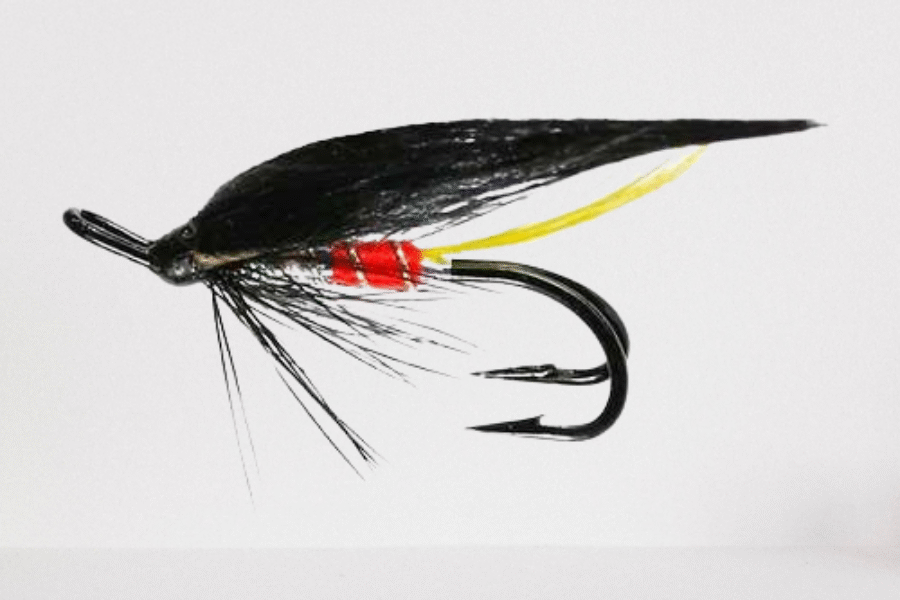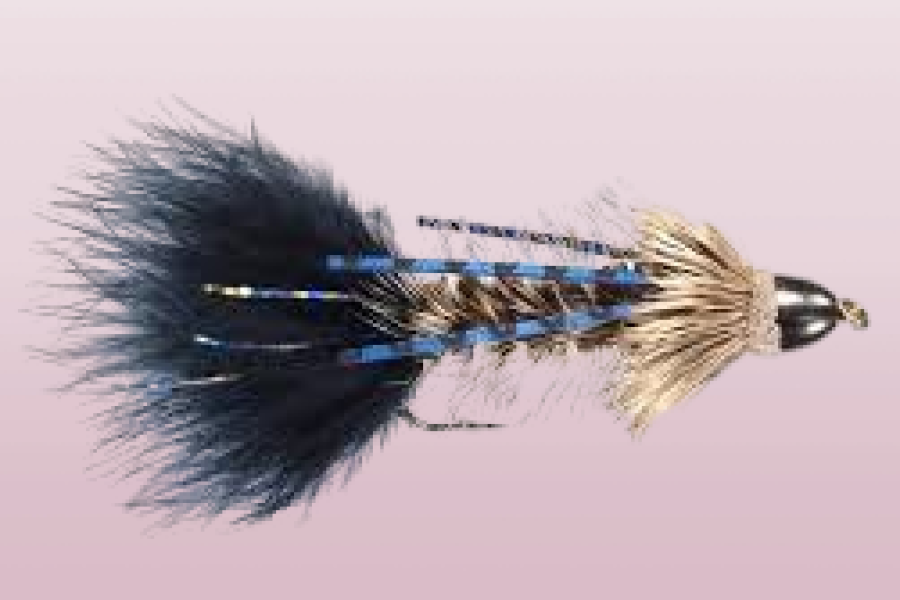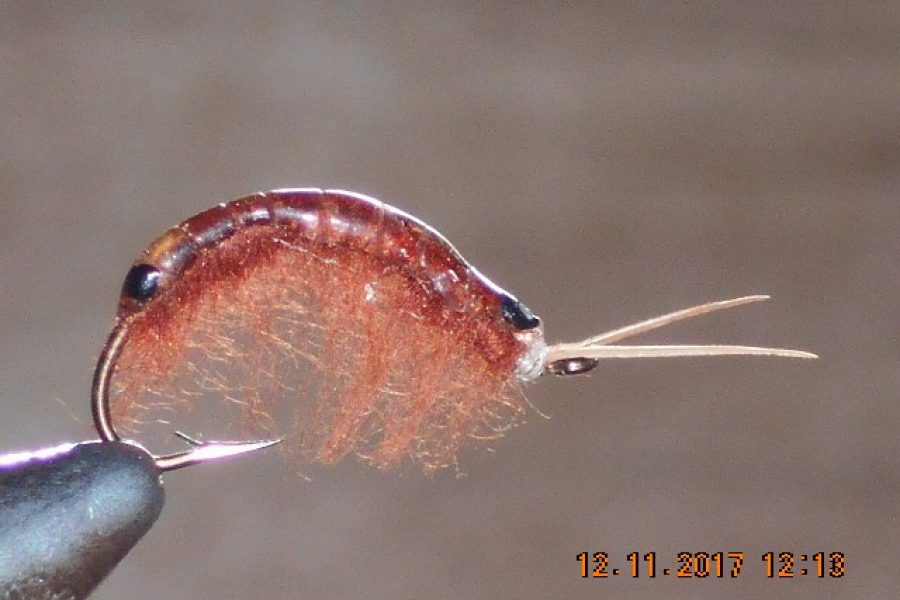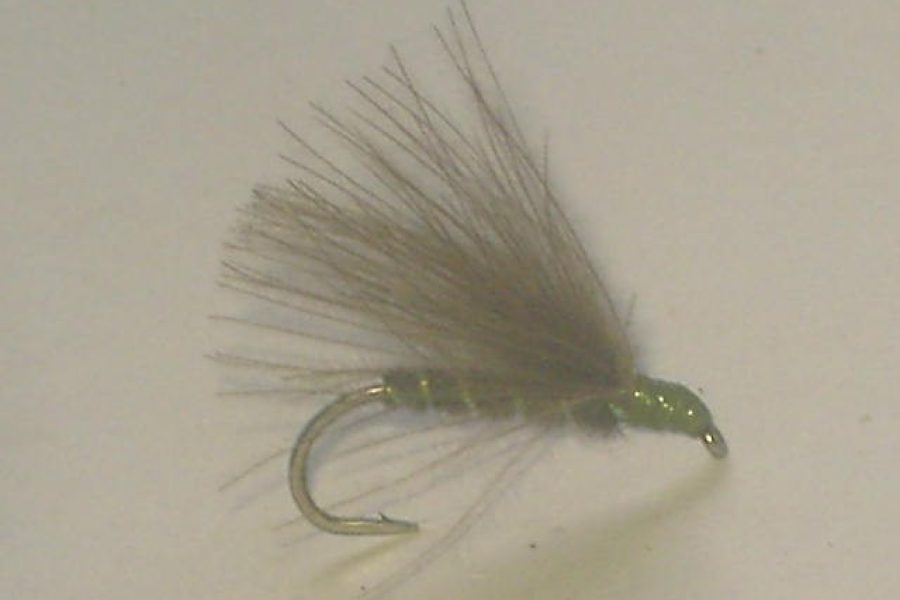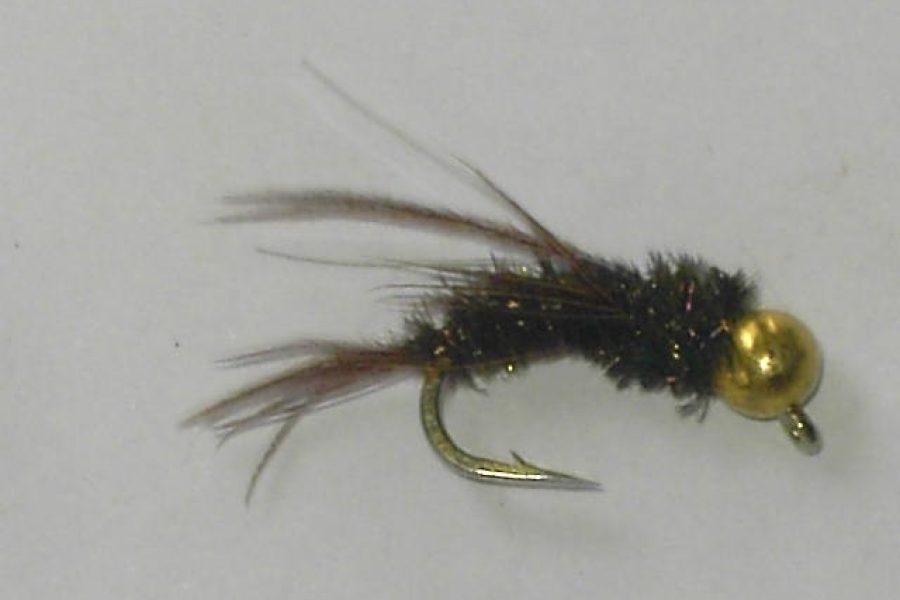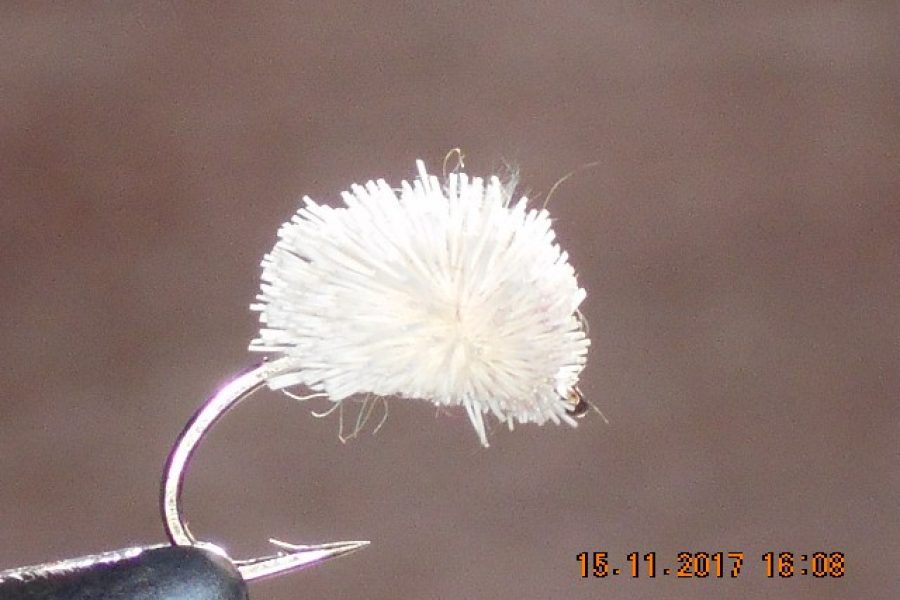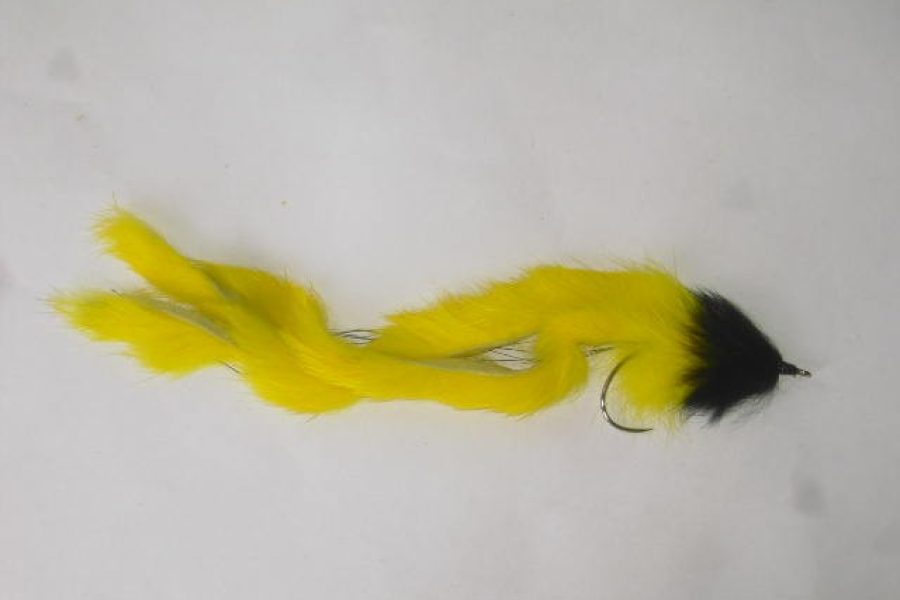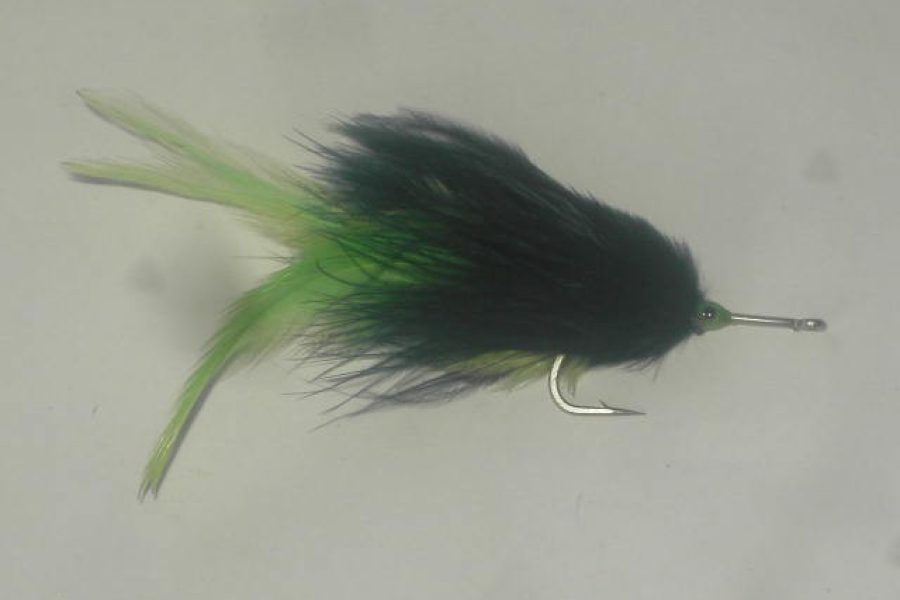Description
Product Overview and Heritage The Parachute Madam X Peacock represents an innovative evolution of the classic Madam X pattern, incorporating the superior visibility of a parachute post with the alluring qualities of peacock herl. This sophisticated pattern combines traditional dry fly design elements with modern tying techniques, creating a versatile attractor pattern that excels in various fishing conditions. Born from the innovative minds of Western fly tiers, this pattern has earned its place in fly boxes worldwide.
Design Philosophy and Material Innovation The pattern’s effectiveness stems from its carefully curated components:
- Premium peacock herl body
- High-visibility parachute post
- Quality dry fly hackle
- Durable synthetic wings
- Fine rubber legs
- UV-resistant thread base
Each element serves a specific purpose in the pattern’s presentation and durability, creating a highly effective searching pattern that rides perfectly in the surface film.
Technical Specifications
Hook Characteristics:
- Standard dry fly hook
- Available sizes: 10-16
- Standard wire strength
- Straight-eye design
- Chemically sharpened points
- Traditional bend profile
Post Properties:
- High-visibility synthetic material
- Color options available
- Enhanced durability
- Optimal height ratio
- Superior flotation
Construction and Tying Process The pattern’s success relies on precise construction methods:
- Balanced proportions
- Symmetrical wing placement
- Graduated body tapering
- Reinforced thread base
- Strategic hackle wrapping
- Enhanced durability features
Fishing Applications and Techniques
Dry Fly Presentations:
- Dead drift approaches
- Skated presentations
- Twitched retrieves
- Wake inducing tactics
- Multiple water types
Specialized Applications:
- Rough water fishing
- Flat water presentations
- Bank fishing
- Pocket water
- Riffle sections
Seasonal Effectiveness
Spring Performance:
- Early season hatches
- High water periods
- Mixed insect activity
- Morning sessions
- Evening emergence
Summer Applications:
- Terrestrial season
- Hopper patterns
- Attractor fishing
- All-day effectiveness
- Multiple species
Fall Tactics:
- Late season hatches
- Terrestrial activity
- Changed light conditions
- Pre-spawn periods
- Mixed feeding
Late Season Strategy:
- Indian summer days
- Midday activity
- Sunny conditions
- Selective feeding
- Last hatches
Habitat and Water Types
River and Stream Applications:
- Pocket water effectiveness
- Riffle sections
- Smooth glides
- Current seams
- Bank water
Stillwater Techniques:
- Lake shores
- Calm bays
- Structure edges
- Weed bed margins
- Wind lanes
Target Species and Behavior
Primary Target Species:
- Brown Trout
- Rainbow Trout
- Brook Trout
- Cutthroat Trout
- Smallmouth Bass
- Mountain Whitefish
Feeding Behaviors:
- Surface feeding
- Opportunistic takes
- Aggressive strikes
- Pattern recognition
- Territorial response
Rigging Recommendations
Leader Setup:
- 9-12 foot leaders
- 4X-5X tippet
- Tapered leaders
- Floatant application
- Proper knots
Presentation Configurations:
- Single fly rigs
- Dropper setups
- Dry-dropper systems
- Multiple fly rigs
- Indicator options
Competition Applications
Tournament Success:
- Competitive testing
- Consistent performance
- Regulation compliance
- Quick-change capability
- Pressure-tested results
Professional Usage:
- Guide favorite
- Client-friendly
- Proven success
- Teaching applications
- Versatile pattern
Care and Maintenance
Post-Fishing Care:
- Thorough drying
- Hackle straightening
- Material inspection
- Float restoration
- Storage preparation
Storage Requirements:
- Dry environment
- UV protection
- Separate compartments
- Regular inspection
- Moisture prevention
Advanced Fishing Methods
Presentation Techniques:
- Reach casts
- Pile casts
- Aerial mends
- Stack mends
- Curve casts
Drift Management:
- Line control
- Leader design
- Casting angle
- Mending techniques
- Drag prevention
Environmental Considerations
Conservation Features:
- Barbless options
- Sustainable materials
- Durable construction
- Catch-and-release friendly
- Minimal impact
Material Selection:
- Responsible sourcing
- Quality components
- Recyclable elements
- Ethical production
- Sustainable practices
Water Clarity Adaptations
Clear Water:
- Size selection
- Color variation
- Precise presentation
- Leader length
- Stealth approach
Off-Color Water:
- Pattern visibility
- Size adjustment
- Modified techniques
- Enhanced movement
- Increased visibility
Scientific Design Elements
Hydrodynamics:
- Surface tension
- Float characteristics
- Wake creation
- Current interaction
- Movement patterns
Visual Aspects:
- Light reflection
- Pattern silhouette
- Color contrast
- Profile analysis
- Visibility factors
Pattern Variations and Customization
Post Color Options:
- Hi-vis white
- Fluorescent orange
- Hot yellow
- Pink
- Chartreuse
- Multi-color combinations
Body Variations:
- Traditional peacock
- Mixed peacock and ice dub
- Enhanced peacock blends
- Synthetic peacock alternatives
- Color-enhanced versions
- UV-treated materials
Hatch Matching Strategy
Specific Hatch Imitations:
- Golden Stone periods
- Salmon fly emergence
- Large mayfly hatches
- Nocturnal stone activity
- Mixed hatch scenarios
Time-of-Day Adaptations:
- Dawn patrol modifications
- Midday brightness adjustments
- Evening emergence variations
- Night fishing adaptations
- Low-light enhancements
Entomological Considerations
Natural Imitations:
- Stoneflies
- Large mayflies
- Terrestrials
- General attractors
- Multiple species
Behavioral Mimicry:
- Natural movement
- Surface disturbance
- Life-like action
- Realistic profile
- Proper size
Additional information
| Hook type | Barbed Hooks, Barbless Hooks |
|---|---|
| Hook size | 10, 12, 14, 16, 18, 20, 6, 8 |

